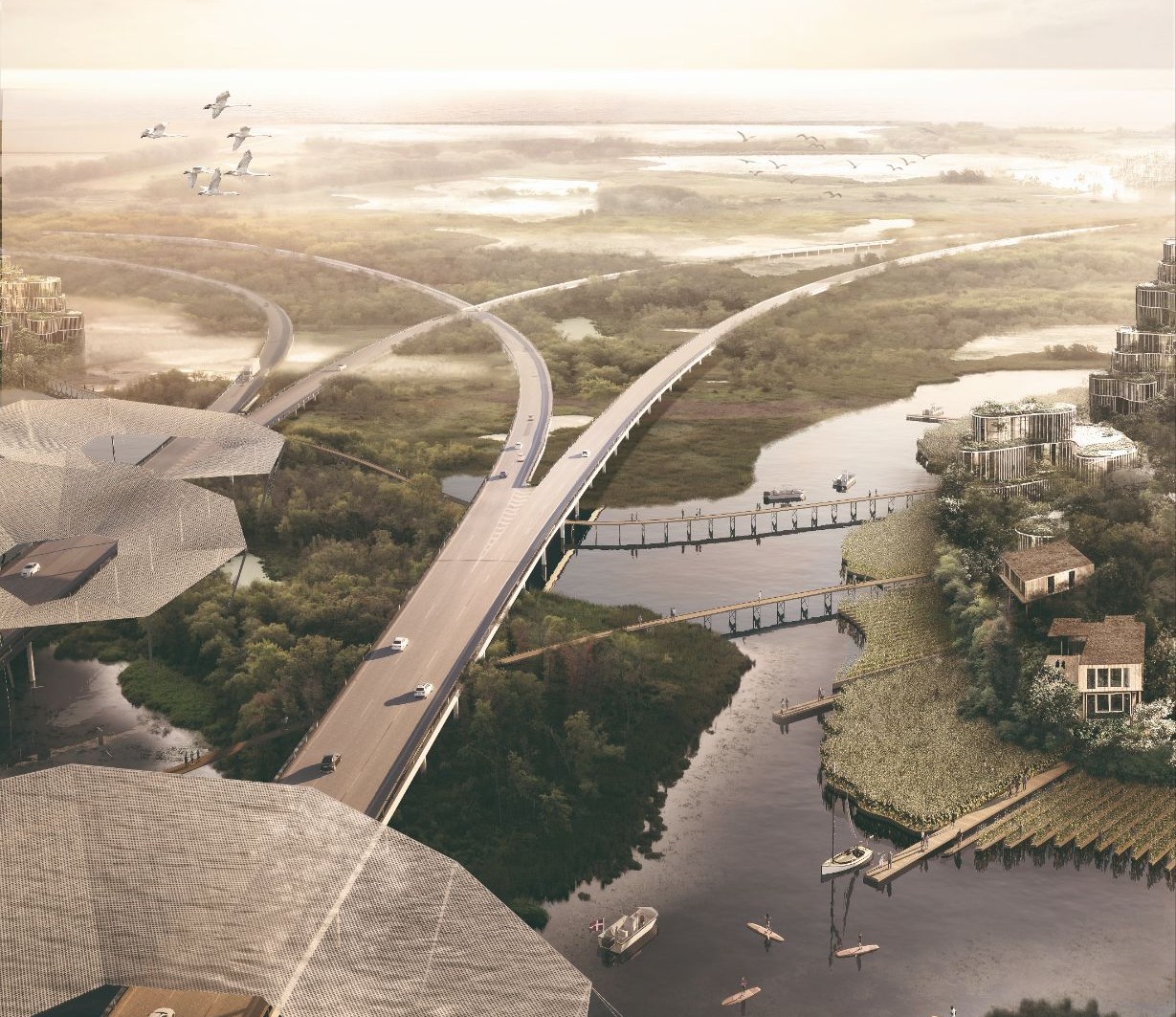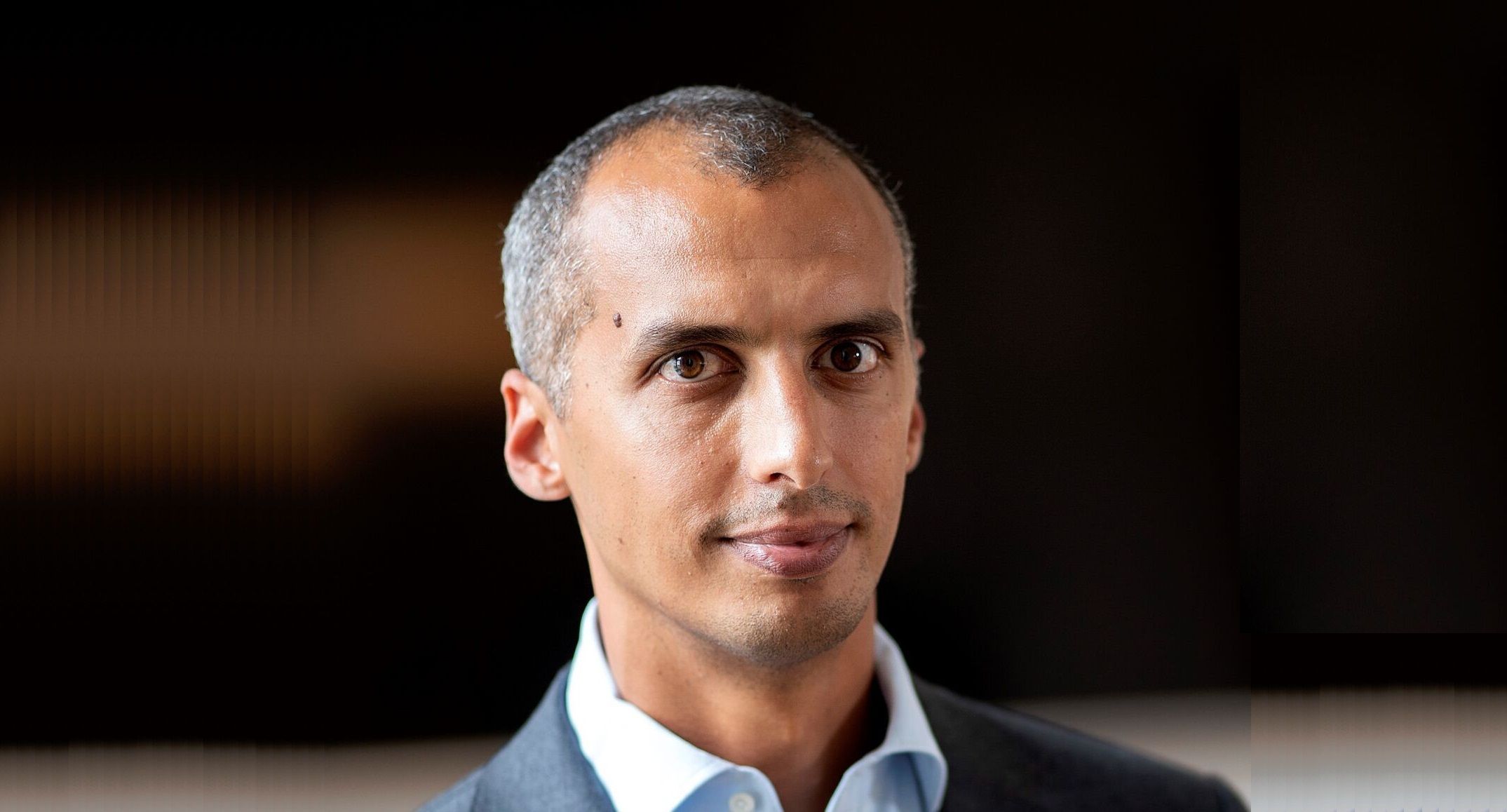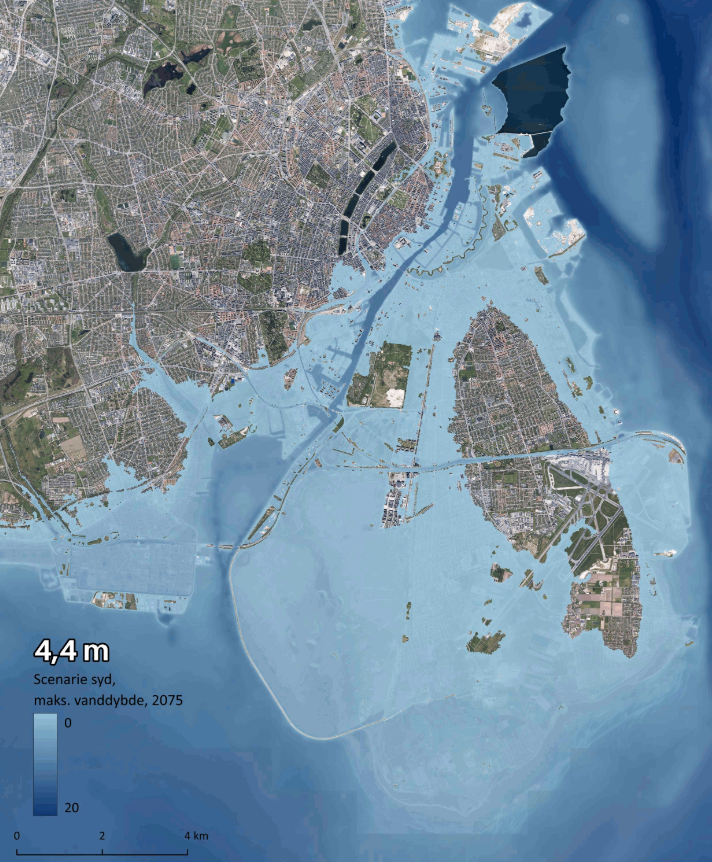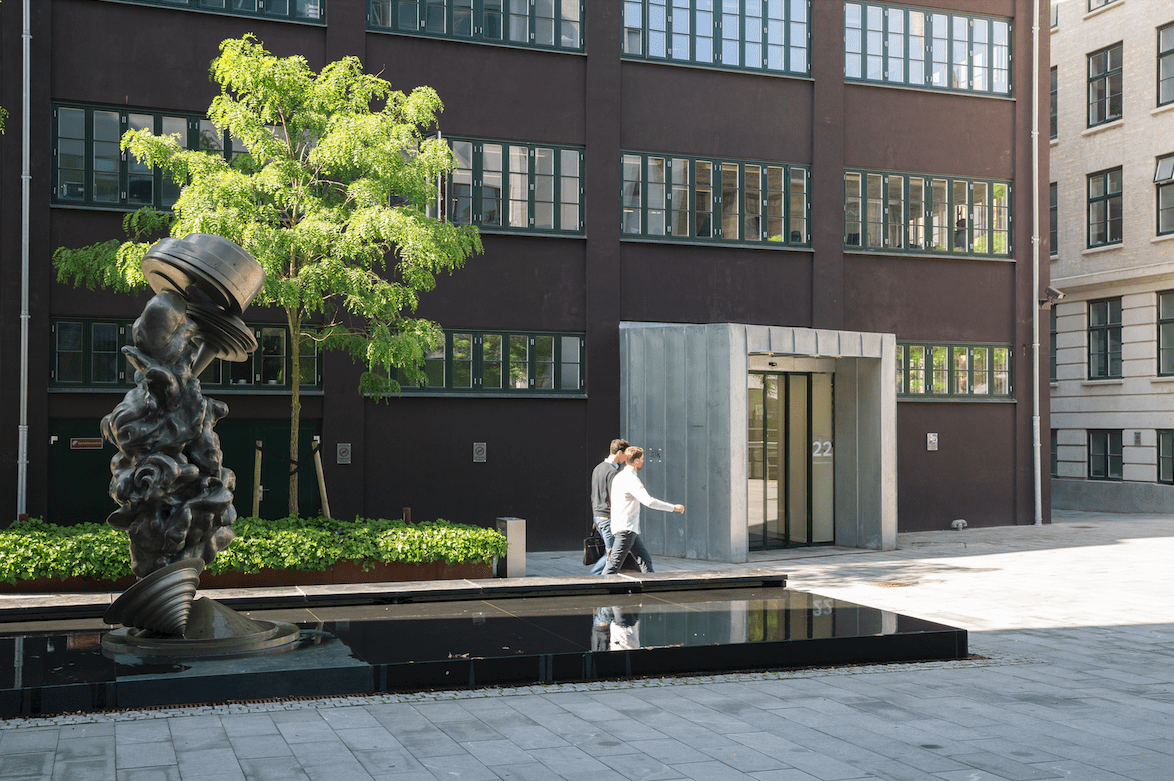An Air Force C-130 Hercules transport plane will head to Mali to assist the country's embattled government and their French allies in their battle against Islamic rebels.
Parliament's foreign policy committee, the Udenrigspolitisk Nævn, held an emergency meeting yesterday and pending the expected agreement of the full parliament today, the plane could leave for Mali within hours.
The Hercules, which has a crew of about 40 men, including pilots, mechanics and other personnel, is scheduled to be deployed to Mali for three months and will cost the state about 11 million kroner.
The Foreign Ministry stressed that the plane would only be assisting in logistical duties and would not be engaging in combat operations.
The foreign minister, Villy Søvndal (Socialistisk Folkeparti), said the government was wary of Denmark becoming a larger target for terrorists, but that action was necessary in this situation.
“I think we let the people of Mali down if we don’t go in and help in the situation. We also risk Mali becoming the next hotbed of terrorism and extremism, and I don’t want any part of that,” Søvndal told TV2 News.
But the left-wing party Enhedslisten (EL) was cautious about the decision to send Danish military personnel to Mali.
“We have to be careful not to add further fuel to the fire when water is needed. We don’t want to become embroiled in a new military adventure, so we are very sceptical,” Christian Juhl, a party spokesperson, told TV2 News.
The UN Security Council gave its full support for intervention in Mali and so far several countries, including Denmark, Belgium, Spain, the US, the UK and Canada have agreed to assist in the operation, named Operation Serval.
French aircraft have been attacking the Islamic rebels since Friday and the French have deployed over 500 soldiers to the former French colony, expecting a further 2,000 to land in the near future.
Mali’s neighbours are also on the verge of deploying an Economic Community of West African States (ECOWAS), a peacekeeping force of about 3,000 soldiers that will be led by Nigerian Major General Shehu Abdulkadir and will assist the Malines government in quelling the insurgency.
The conflict in Mali began in earnest in early 2012, when the Tuareg tribesmen making up the National Movement for the Liberation of Azawad (MNLA) began a rebellion in order to gain independence for the Azawad region in the north, an area about the size of South Africa.
In April 2012, the MNLA declared Azawad independent, but by July the MNLA had been pushed out of the region’s cities by the Islamist groups, Ansar Dine and the Movement for Oneness and Jihad in West Africa, who are connected to al-Qaeda and who began imposing Sharia law in the area.
After taking control of the north, the Islamists began moving south towards the capital city of Bamako, prompting the government to ask the French for help.














